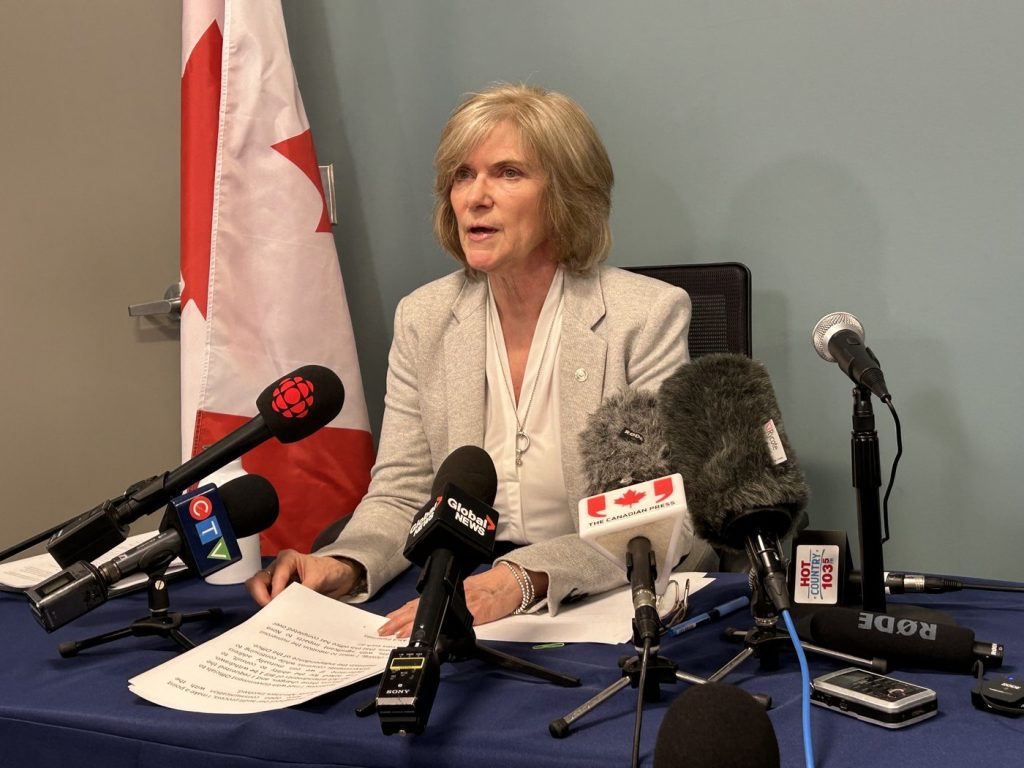HALIFAX – Nova Scotia’s auditor general, Kim Adair, has released a critical report indicating that the provincial government is failing to effectively track the substantial financial support it provides to universities across the region. Over the past five years, Nova Scotia's 10 universities have collectively received $2.5 billion in funding, with a significant portion—$1.9 billion—allocated as unrestricted operating grants.
According to Adair, the method by which these unrestricted operating grants are distributed is outdated and “arbitrary,” based on a formula that has not been updated in over 25 years. She strongly recommends a reassessment of this formula to ensure that funding aligns with contemporary educational needs and priorities.
The report raises concerns about the flexibility granted to universities regarding the use of these funds. Adair highlights that the current funding structure permits universities to allocate money for purposes that diverge from its intended use, which can include student aid, routine maintenance, staff salaries, and even executive compensation. This lack of specificity in funding usage raises issues of accountability and oversight within the financial dealings of the universities.
Moreover, the auditor general points out that the provincial government has not conducted an assessment to determine whether the $163.8 million allocated for health education grants is effectively meeting the health-care priorities set forth by the government. This lack of evaluation casts doubt on the effectiveness of expenditure within the health education sector.
In addition, the report expresses concern over the $65 million spent to increase nursing seat availability at universities, as it remains unclear how many additional nurses have entered the workforce as a result of this investment. The ambiguity surrounding the outcomes of such funding suggests a need for more stringent evaluation measures.
On a more positive note, Adair acknowledges the introduction of new bilateral funding agreements last year, which are set to expire at the end of March. These agreements incorporate performance targets and accountability measures for universities, potentially enhancing oversight of the funds granted. She emphasizes that if adhered to, these new agreements could serve as a significant step towards improving accountability within the educational funding framework.
In light of these findings, the provincial government is currently considering legislative measures aimed at linking university funding more closely to the province’s economic and social priorities. This move indicates a potential shift towards a more strategic and results-oriented approach in the allocation of educational resources.
The report was published on March 4, 2025, and underscores the urgent need for reform in how the provincial government manages university funding, ensuring that public funds are used effectively and transparently in ways that benefit both students and the broader community.










